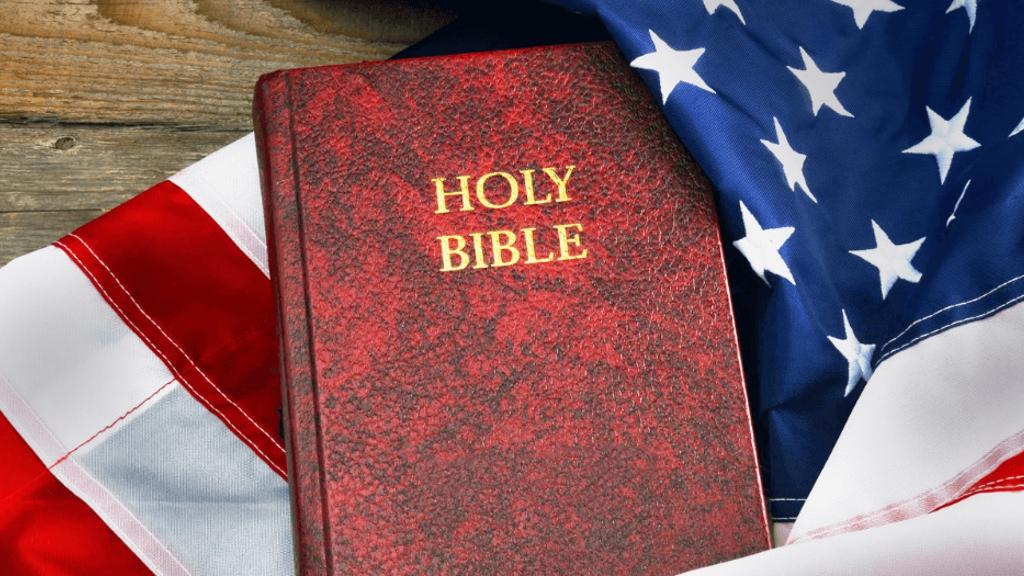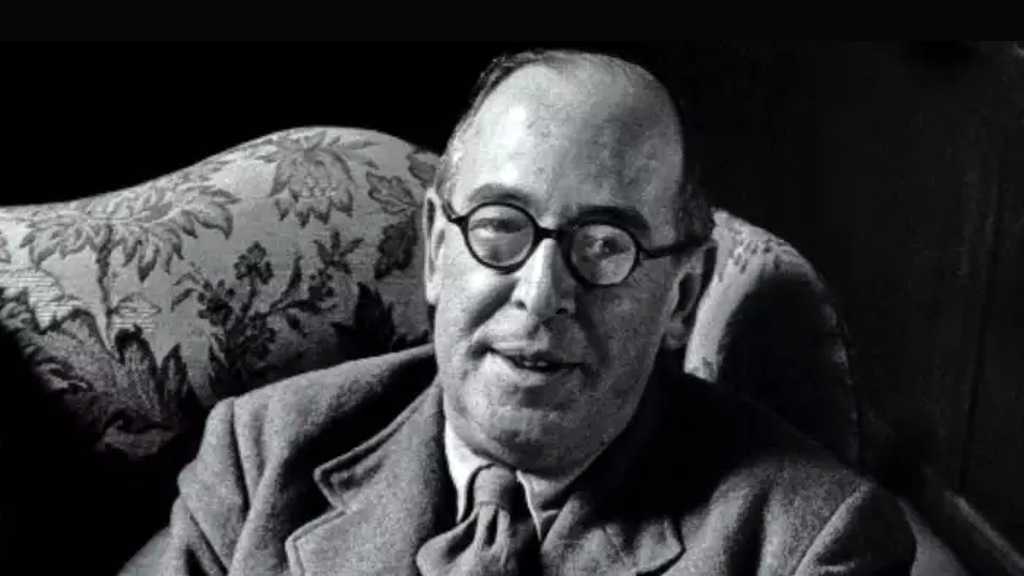“The intuitive mind is a sacred gift and the rational mind is a faithful servant. We have created a society that honors the servant and has forgotten the gift.” – Albert Einstein
The origin of American culture dating from the 16th century has historically been shaped by Judeo-Christian values and traditions. While the latter emphasize a spiritual transcendence as sacred, there also developed in America a cultural sense of the sacred as something precious to us as Americans: the flag, the anthem, the “Declaration,” Statue of Liberty. Today, many Americans struggle to identify what they consider sacred or meaningful in their lives. This essay is about the loss of the sacred, spiritually and culturally, in America – and the need to recapture it.
The idea of the sacred is ancient in human societies. It is an important dimension of all cultures. Usually associated with transcendence, it is typically conceived in what eventually becomes a tradition along with its writings, rituals, prayers, observances, customs. The defining idea is that there are aspects of our experienced world that are to be regarded with reverence, with great respect.
Psychologist Rick Hanson, senior fellow at the Greater Good Center at UC Berkeley, writing in Psychology Today, asserts that the concept of the sacred has for humans two meanings: one of spirituality, the other something precious.
This essay will explore these two meanings of the sacred regarding what Americans, and thus America, are at risk of losing – a sense of who we are.
Hanson points out that humans experience two aspects of what we call ‘the sacred.’ First, the sacred can be “a treasure, a warmth, a mystery, a light, and a profound refuge.” Second, opening to what’s sacred to you “contains an implicit stand that there are things that stand apart in their significance to you.”
Hanson’s comments suggest that whatever is construed as sacred has an innate and sublime quality of what it stands for. It is something that is to be respected and associated with that which transcends the ordinary.
Whatever is regarded as sacred in a culture (whether spiritually or as something precious to us) is approached with reverence, respect and always with humility. In the ancient world it arose from a sense of trepidation, wonder and mystery. Today, it evokes a sense of awe, respect and reverence for that which we hold as sacred. Each of us regards something as sacred. Yet, in America, we seem to be losing a sense of relatedness to that which we hold sacred or precious to us.
Throughout history most civilizations possessed, even if rudimentary, a sense of the sacred. From the Latin sacrare, the term sacred means ‘to set apart’ from the ordinary or profane. The latter in Latin pro fanum denotes that which is ‘being in front of a sanctuary.’ Mircea Eliade in his seminal work, The Sacred and The Profane, correlates signs and symbols of cultures with their profound experience of and expression about the sacred.
To speak of the sacred elevates the significance of the event, object or tradition above the ordinary – the profane. We experience a “sense of relatedness” between ordinary human existence and transcendence. This sense of the sacred, this sense of relatedness, is an acknowledgement of that which is greater than the self but not completely separate from it either.
And in some sense of the term, sacred can be that to which the self feels compelled to embrace, to raise up – the ideal of justice, the virtue of honor, the nobility of human dignity or reverence for the divine.
A multitude of cultures throughout the millennia have cherished (each in their own way) ideals, customs and traditions deemed sacred to them. But each of them embraced something.
So, what has happened to America? It is unusual, perhaps even strange, for a culture to lose sacred customs it once cherished. But isn’t that what is happening in America? What do we hold as sacred, today? Is anything considered sacrosanct?
There was a time when “Stars and Stripes” or even the national anthem was deemed at least worthy of respect, if sacrality is too lofty an ideal. But that perception can no longer be taken for granted. Refusing to stand for the anthem or the “take a knee” movement in sports illustrates the point.
What has replaced these traditions is a litany of everything that is not America. Critical Race Theory’s Marxist class struggle repackaged as systemic racism and postmodernism’s rejection of objective truth undermines the education of our children. Its “Diversity, Equity, Inclusivity” initiatives foster disrespect for parents as authority figures, our national heroes and our founding fathers and their legacy of freedom through natural law. Monuments to the latter are defaced or worse torn down. Our history (whether one likes this or that part of our past or not) is being decimated before our very eyes.
Unfortunately, religious heritage and morals, Christian, Jewish, Islamic, Hindu or otherwise, fare no better. Pew Research reports that in 2021 the fastest growing segment of religious sentiment in America was a relatively new grouping called “nones,” (none of the above).
Yet, there is something even more egregious than the hate-inspired assaults on that which we hold sacred, precious (like the destruction of our history through the desecration of our monuments).
The baseness and mediocrity that characterizes so much of contemporary culture reveals a ‘dis-ease’ of mundaneness in America. Very little is taken seriously by us today. Anything and anyone is fair game for being ridiculed. And in each refrain our vocabulary has deteriorated to monosyllabic jabs or disrespectful memes uttered through slang; vulgarity, base language and off-color metaphors characterize much of our speech.
For many Americans the idea of the sacred has, perhaps, never really been part of their consciousness – conditioned as we are in the secularism and science of the last sixty years. Many Americans are merely ensconced in a vast web of consumerism and habitual behavior of immediate gratification, with the blue light of phones, tablets or laptops reflecting onto empty stares and vapid expressions.
We owe these untoward circumstances in large measure to the wayward ward of modern liberals – postmodernism – a philosophical complex of thought replete with relativist and physicalist mantra.
And here’s why that is a problem: A physicalist view of reality is that since everything is composed of the same “stuff,” nothing is “set apart.” Why should a hero’s death be revered more than anyone or anything else? From the standpoint of chemistry it’s all the same atoms, just configured differently.
Moreover, from a physicalist standpoint, the ideals we say we value like love and those of the virtues – temperance, courage, wisdom and justice – are merely the biological effects of sequenced chemical reactions in our gray matter. They have no inherent or transcendent quality, so what is there to revere?
But here’s the thing.
Pagan though they were, ancient cultures acknowledged realities beyond the thoughts of individual humans, forces greater than any command of a human. Sacred writings of the ancient cultures of Egypt, Greece and Rome reveal they understood human limitations – we are not the fashioners or masters of the cosmos. To have a sense of the sacred, one must be prepared to accept the reality of that which transcends human finitude and yet, is the sufficient reason for why there is something rather than nothing – why the universe is rather than is not. But this acceptance comes only through humility.
Humility, necessary to experience a sense of the sacred in our lives, is being lost in America – supplanted by a ‘haughty spirit’ of our scientific and physicalist conditioning. Proverbs 11:2 couches it this way: “Pride leads to disgrace, but with humility comes wisdom.”
There is a question before us, as Americans: What is to become of a society that has lost its sense of relatedness to that which it holds as spiritually sacred or culturally precious? What is there to preserve, to defend, to fight for? What do we mean when we say:
I’m an American.








